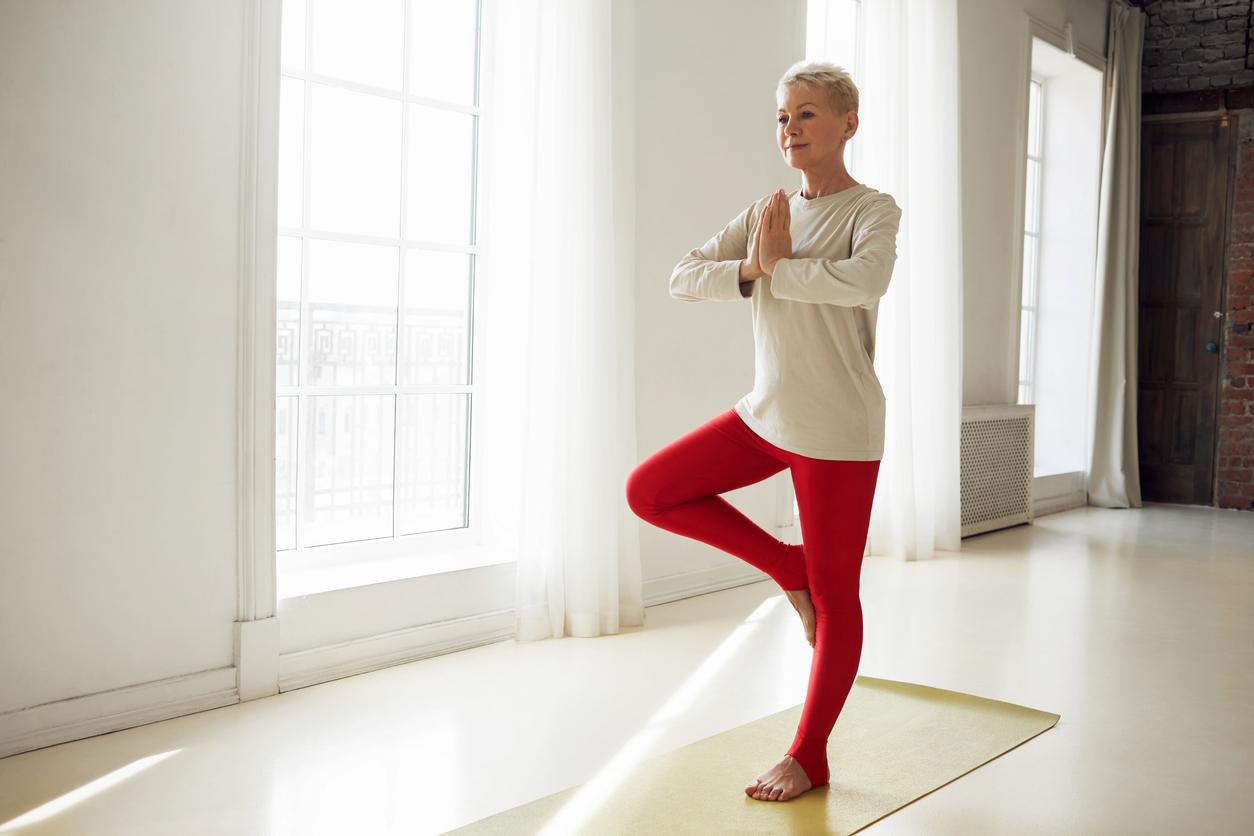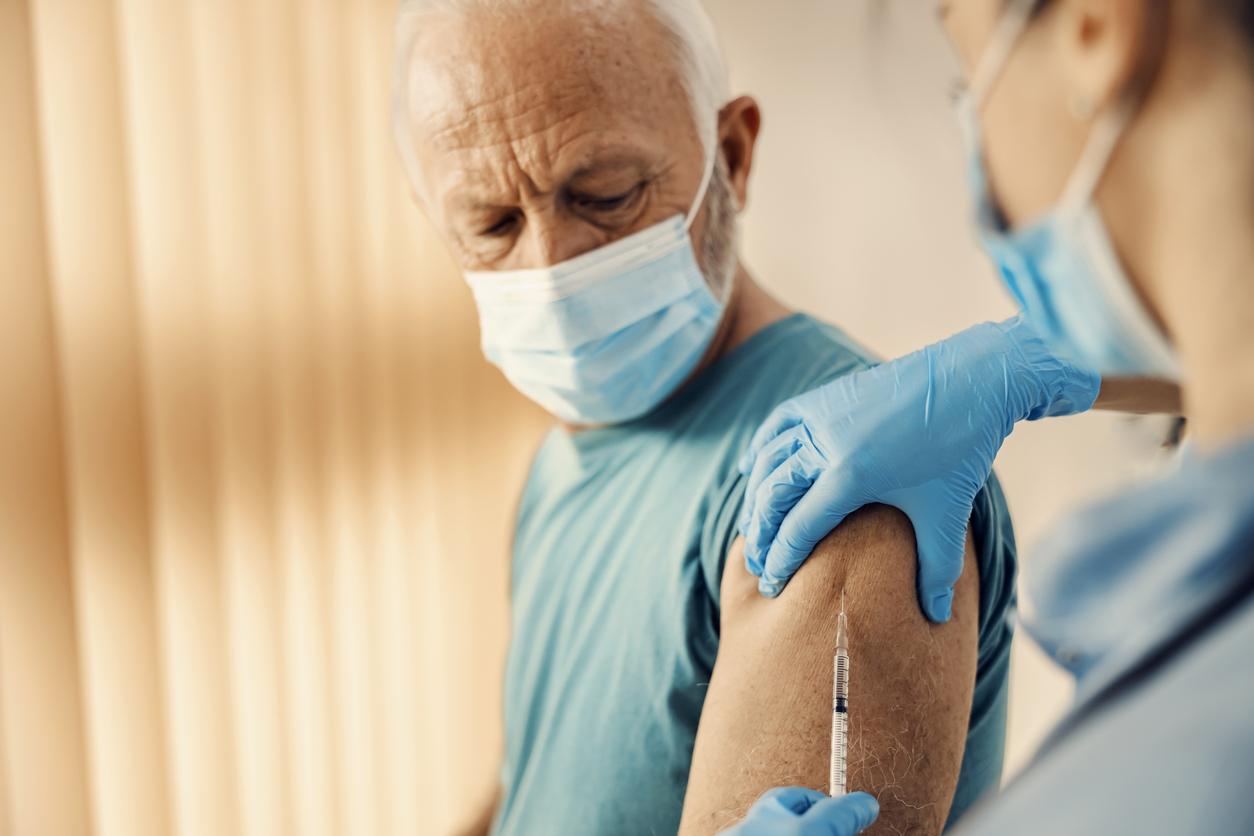
Our body is less able to fight infections as we age. In addition, we will respond less well to vaccines. Professor of immunology Daniel Davis explains this in his new book on the immune system. It raises fears for the corona vaccines that are now being made. Fortunately, smart solutions are being developed.
When reading it Daniel Davis’ book Immune you become more and more surprised at how complex and sophisticated the immune system really is. A whole row of Nobel Prize-winning scientists are puzzling over it. How does the body recognize pathogens without attacking itself? And we still don’t know everything yet. One of the areas we really don’t know enough about is the immune system in the elderly, according to immunology professor Daniel Davis. It is not the case that our immune system stops responding as we age, because autoimmune diseases are more common in the elderly due to unwanted immune reactions. But it is true that the immune system reacts worse with age.
Cause 1: Fewer immune cells
One of the reasons is that there are fewer immune cells. The bone marrow is the breeding ground for new white blood cells. It contains stem cells, which grow into these guardians that clear out disease-causing viruses and bacteria. With age, the bone marrow gets a bit exhausted. It produces fewer and fewer white blood cells.
Cause 2: The immune cells become blinded
That is not the only problem, the white blood cells also work less well. If there is a source of fire in the body, such as a wound or an infection, the white blood cells have to go there quickly. A kind of alarm goes off in the body with signal substances. The white blood cells move just as fast, that’s not the problem, but they don’t respond very well to the signal substances. They get a little lost.
That’s not the whole story, according to Davis. It is also the case that there are more substances floating freely in the blood that are part of an immune response. Even if there is no infection or inflammation. A kind of smoke, without fire. This phenomenon is called ‘ageing inflammation’ or ‘low-grade inflammation’. The suspicion is that the white blood cells become a bit blinded by all that ‘smoke’ and that it is more difficult to recognize a real new germ. The immune system reacts less strictly and effectively.
Cause 3: Thymus is getting smaller
White blood cells mature in an organ that sits between the lungs in the chest: the thymus, or thymus. In childhood, the thymus is a large active organ, but after puberty the first shrinkage sets in. At a later age there is only 1 to 5% of the activity of the thymus left. As a result, you have much less capacity to recognize new pathogens. The white blood cells in your body mainly recognize the germs that you have already encountered. A new germ such as the new coronavirus is more difficult to recognize by the older immune system.
Vaccines for the elderly
Unfortunately, there is no cure yet that can turn the clock back, Davis says. These are the first scientific discoveries about the aging immune system, and much more research is needed. Davis compares it to the journey to the moon, so for now it is still rocket science. But a solution could be to vaccinate the elderly in a different way than young people. He gives two options for this.
First possibility: the time of giving the vaccine. Research shows that a flu shot works better in people over 60 if it is given between 9 and 11 a.m. The antibody levels of the older patients were higher than if they had received the injection in the afternoon. But this has not yet been studied well enough and it did not work equally well with every flu variant. However, other vaccines have also been seen to work better if they are given in the morning.
Second solution: in the elderly, opt for an adjuvant that works extra well for them. An adjuvant is a substance that improves the effect of a vaccine. Such a substance is, for example, flagellin. This is made from bits of bacteria. A kind of old crook, which the elderly have struggled with. When this is added to the vaccine as an adjuvant, it will make the older immune system better prepared and also take the new germ more firmly in hand.
Read more about vaccines, cancer immunotherapy or antibody-based drugs: it’s all explained in Immune. The coronavirus is not in it, because the book was from before the outbreak.
















